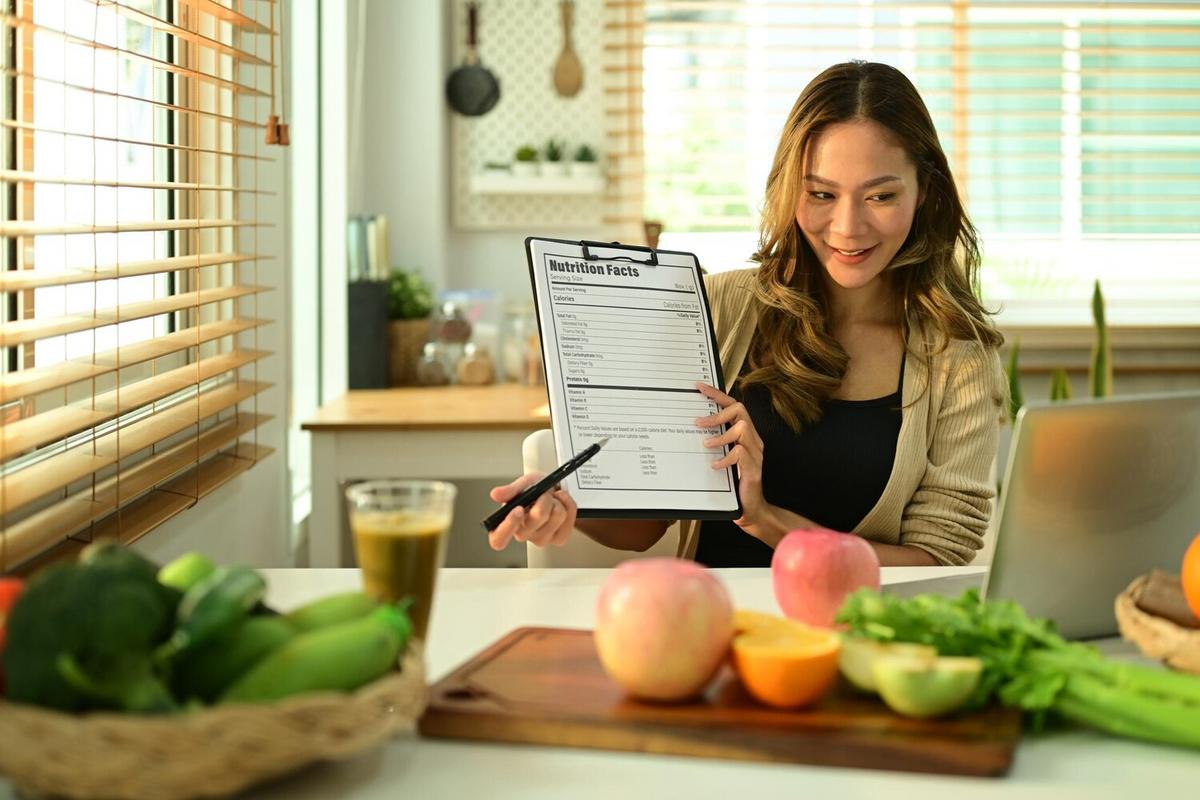
Meal Prepping for Success: Healthier Eating Made Easy
Meal prepping has become a cornerstone for those striving to maintain a healthier lifestyle while juggling a busy schedule. By planning and preparing meals in advance, you can save time, reduce stress, and stay on track with your nutritional goals.
Meal prepping is not just a trend; it’s a strategic approach to eating well and managing time effectively. By dedicating a few hours each week to prepare meals, you can enjoy numerous benefits that extend beyond just saving time.
Why Meal Prepping Works
According to a study by the International Journal of Behavioral Nutrition and Physical Activity, individuals who plan their meals are more likely to have a healthier diet and maintain a stable weight. This proactive approach helps avoid the temptation of unhealthy fast food, especially during busy work weeks.
Expert Insights
Nutritional experts suggest that meal prepping can lead to better portion control and balanced nutrition. “When you prepare meals ahead, you have the opportunity to include a variety of food groups and ensure balanced meals,” says a registered dietitian.
The Benefits of Meal Prepping
- Time-saving: Spend one day cooking and enjoy free time during the week.
- Cost-effective: Buying ingredients in bulk reduces overall grocery costs.
- Nutritional control: Customize meals to meet dietary preferences or restrictions.
- Stress reduction: Eliminate the daily question of “What’s for dinner?”
Getting Started with Meal Prepping
Starting with meal prepping can be simple. Choose a day, typically Sunday, to plan and prepare meals for the week. Begin with a menu that includes a variety of proteins, vegetables, and whole grains.
| Meal | Protein | Vegetable | Whole Grain |
|---|---|---|---|
| Breakfast | Eggs | Spinach | Whole grain bread |
| Lunch | Grilled chicken | Broccoli | Quinoa |
| Dinner | Salmon | Asparagus | Brown rice |
| Snack | Greek yogurt | N/A | Granola |
Actionable Tips for Effective Meal Prepping
- Plan your menu: Choose recipes that share common ingredients to simplify shopping and preparation.
- Invest in quality containers: Use BPA-free containers for safe storage.
- Label meals: Clearly label meals with dates to keep track of freshness.
- Start small: Begin by prepping two to three meals per week to avoid overwhelm.
Consider using slow cookers or pressure cookers to save time and effort during meal prep.
Frequently Asked Questions
How long can you keep prepped meals in the fridge?
Most meals can be safely stored in the refrigerator for three to five days.
Can you freeze prepped meals?
Yes, many meals freeze well and can be stored for up to three months.
Conclusion
Meal prepping is a powerful tool for anyone looking to adopt a healthier eating routine without the hassle of daily cooking. By planning and preparing meals in advance, you set yourself up for success, both nutritionally and in managing your time efficiently. So, take the first step towards healthier eating by planning your meals today.


